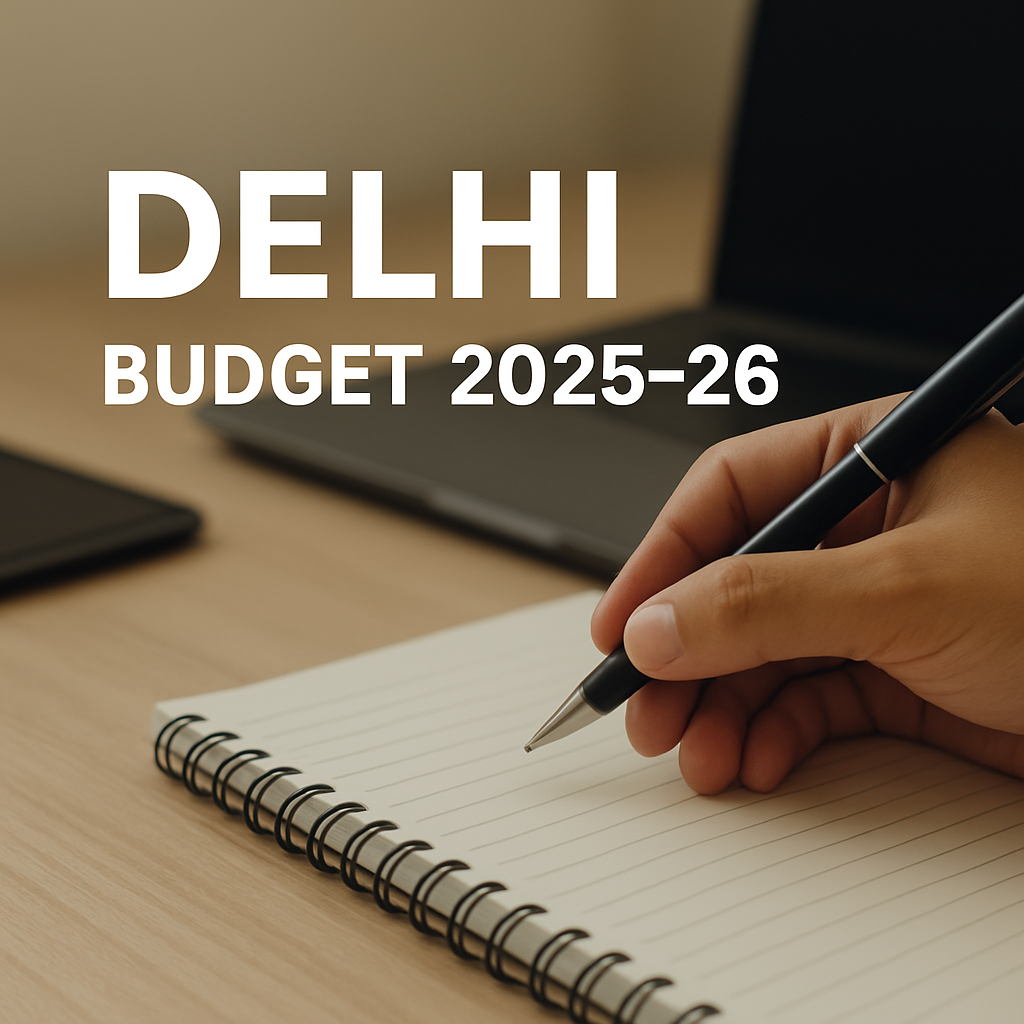Delhi is stepping into a crucial fiscal season. With an August deadline set for all departments to submit their proposals, the preparation for the 2025 budget isn’t just an administrative exercise—it’s the foundation of how India’s capital will balance governance, infrastructure, social welfare, and the everyday concerns of its citizens in the year ahead.
The August Deadline: A Quiet but Powerful Marker
At first glance, the August deadline may sound like routine bureaucracy. But in reality, it forces every department—from health and education to transport and urban development—to align priorities early. This alignment is key: it ensures the Delhi government has enough time to evaluate, negotiate, and fine-tune budgetary allocations before the assembly session.
By setting this firm timeline, the Finance Department signals an intent to streamline processes and avoid last-minute scrambles that often dilute policy effectiveness. Citizens may not see the behind-the-scenes paperwork, but the outcomes—schools with better resources, smoother metro expansions, cleaner neighborhoods—are very real.
Where the Money Could Flow in 2025
Budgets are not just numbers on a page; they are statements of intent. Based on Delhi’s fiscal trends and official hints, several sectors are likely to see strong emphasis this year:
- Healthcare & Public Hospitals: With urban health challenges mounting, expanding Delhi’s mohalla clinics and upgrading hospitals will likely remain top priorities.
- Education & Skill Development: Delhi’s government schools have drawn international attention in recent years. Strengthening them further could anchor the 2025 agenda.
- Transport & Infrastructure: From metro expansion to EV adoption policies, mobility will remain central to shaping Delhi’s urban identity.
- Environment & Pollution Control: Winter smog crises continue to haunt Delhi. Expect funding for green policies, cleaner fuels, and sustainable mobility.
- Digital Governance & Smart Services: Citizen-friendly online services, already improving, may get another push toward efficiency.
Each of these sectors doesn’t just affect numbers in a ledger—they directly shape the quality of life for Delhi’s nearly 20 million residents.
Political Undercurrents Behind the Numbers
Budgets are as much political as they are financial. With Lok Sabha elections behind and local politics always heated in Delhi, the 2025 budget will reflect an effort to balance long-term governance with immediate voter expectations.
For the ruling party, this budget is an opportunity to showcase continuity in welfare-driven governance while signaling readiness for emerging challenges—such as rapid population growth, rising costs of urban infrastructure, and calls for cleaner energy.
Meanwhile, opposition parties will closely scrutinize allocations, questioning whether promises match delivery. The August deadline gives them less room to accuse the government of rushed or opaque planning.
Why This Budget Matters for Everyday Delhiites
For the average Delhi resident, the annual budget can feel distant. But its effects seep into daily life:
- The bus you take to work may get more routes or subsidies.
- The air you breathe could improve if clean energy funds expand.
- Your children’s classroom might see better facilities.
- Neighborhood services, from waste collection to digital grievance systems, could become more efficient.
In short, the August deadline doesn’t just matter for bureaucrats. It matters for how smooth—or frustrating—daily life in Delhi will feel in 2025.
A City Balancing Dreams and Demands
Delhi’s budget is not just about money—it’s about choices. Should more be spent on welfare or infrastructure? On long-term pollution control or immediate relief measures? On digital transformation or physical assets?
The August preparation deadline is a way of forcing these choices to be confronted early, rather than pushed into rushed December debates. It allows for a more deliberate, inclusive, and accountable budget-making process—something Delhi’s citizens urgently need.
FAQs on Delhi Budget 2025–26 Preparations
Q1. Why is the Delhi government preparing the budget so early this year?
The Finance Department has advanced the deadline to ensure more time for analysis, citizen feedback, and sector-specific planning. This helps align schemes with ground-level needs before the Assembly session in early 2025.
Q2. What is the deadline for departments to submit proposals for the 2025–26 budget?
Departments must submit their budget proposals by August 31, 2025, giving the government several months to review, revise, and prioritize allocations.
Q3. Will citizens have a say in Delhi’s upcoming budget?
Yes. Like previous years, the Delhi government plans to hold Jan Samvad and online consultations, allowing residents to share suggestions on education, healthcare, infrastructure, and urban services.
Q4. How does this budget preparation impact ongoing schemes in Delhi?
The early process ensures continuity for flagship schemes—such as free bus rides for women, mohalla clinics, and school infrastructure upgrades—while also creating room to allocate funds for new priorities in energy, housing, and transport.
Q5. Which sectors are expected to receive higher focus in Delhi Budget 2025–26?
Education, health, clean energy, housing, and public transport are likely to remain the biggest beneficiaries, as they directly impact Delhi residents’ daily lives.
Q6. How is the Delhi budget different from the Union Budget?
The Delhi budget is state-specific, focusing on the National Capital’s local infrastructure, services, and welfare schemes, while the Union Budget outlines allocations for the entire country.
Q7. What happens if a department misses the August deadline?
If proposals aren’t submitted on time, departments risk reduced allocations or delayed approvals. The deadline is meant to streamline coordination across all ministries and agencies.
Q8. When will the Delhi Budget 2025–26 be presented in the Assembly?
The final budget is expected to be tabled in the first quarter of 2026, after all departmental reviews, public consultations, and cabinet approvals are complete.

